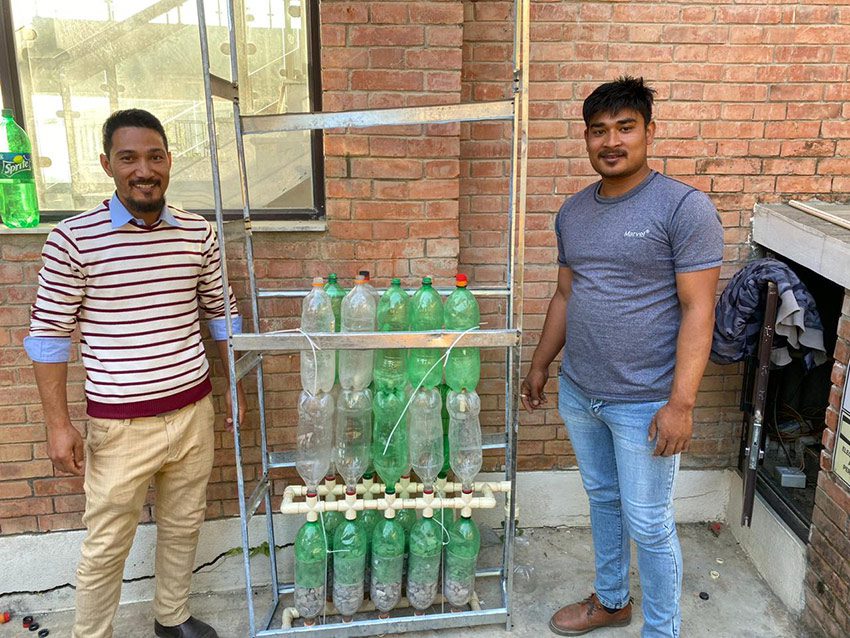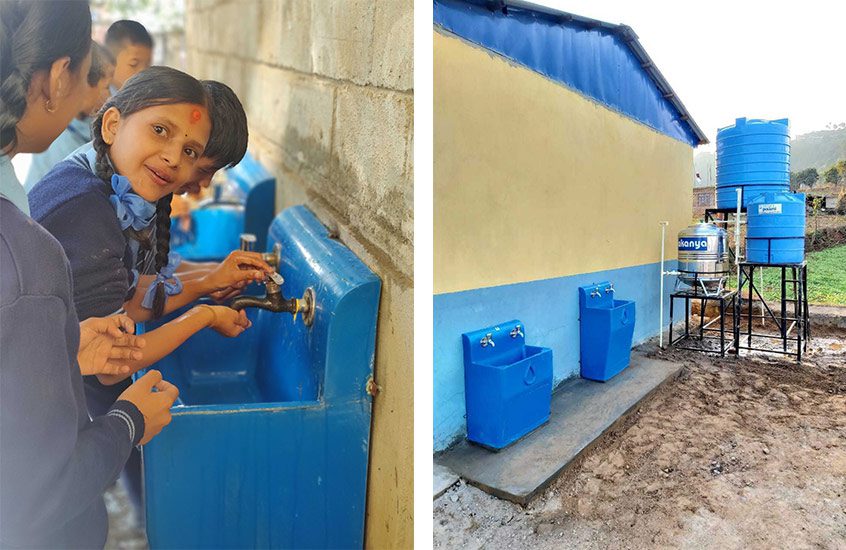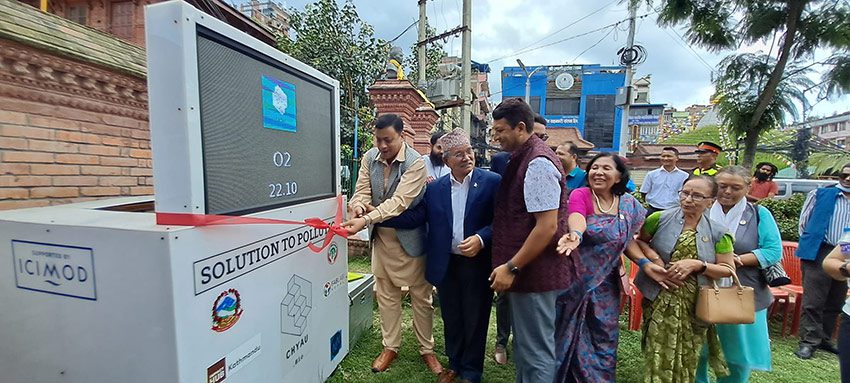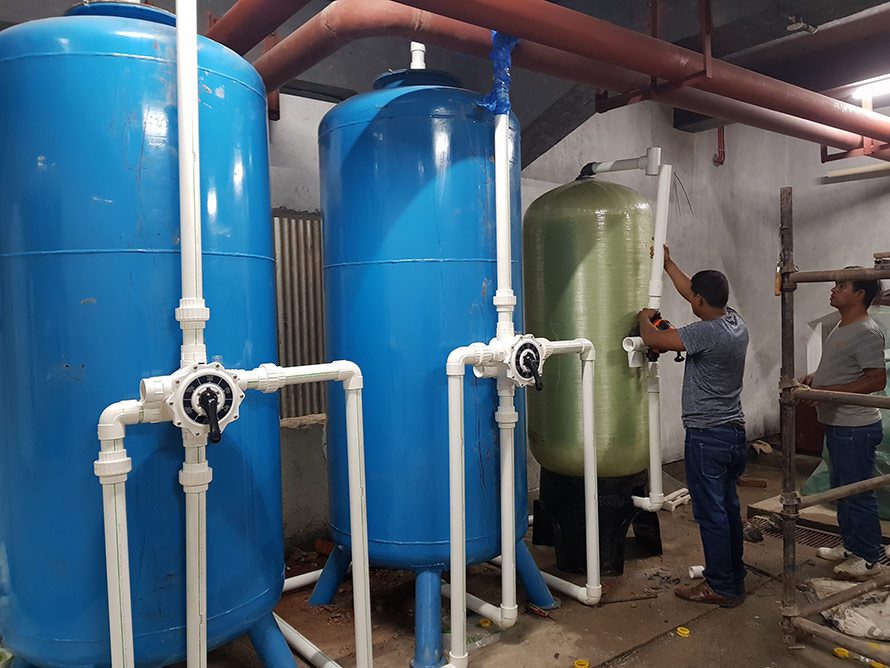Water

Kathmandu has long experienced a water shortage, forcing its residents to rely on water tankers and jars for drinking. Furthermore, customers have frequently observed contaminants in the water jars, which immediately affects people’s health and hygiene.

Water quality is an issue across the country given poor sanitation and hygiene conditions and infrastructure. Nepal is vulnerable to water-borne diseases such as cholera and diarrhoea.

An algae bioreactor is a machine that utilises photosynthesis, carbon dioxide (CO2), wastewater, and algae to produce biomass and oxygen.

The concept of wastewater treatment plant is still new in Nepal. We provide all kinds of wastewater treatment systems of various sizes that helps convert wastewater into clean water.

The Hindu Kush Himalaya (HKH) contains the headwaters of ten large Asian river systems, whose basins are the lifeblood of 1.9 billion people, a fourth of the world’s population.

The HKH region has been facing increasing seasonal water shortages. Changes in rainfall patterns, mainly due to climate change, have caused excess rainfall during monsoons and frequent dry spells for the rest of the year.
Contents
The stories of this solutions portal are placed around six thematic areas as follows